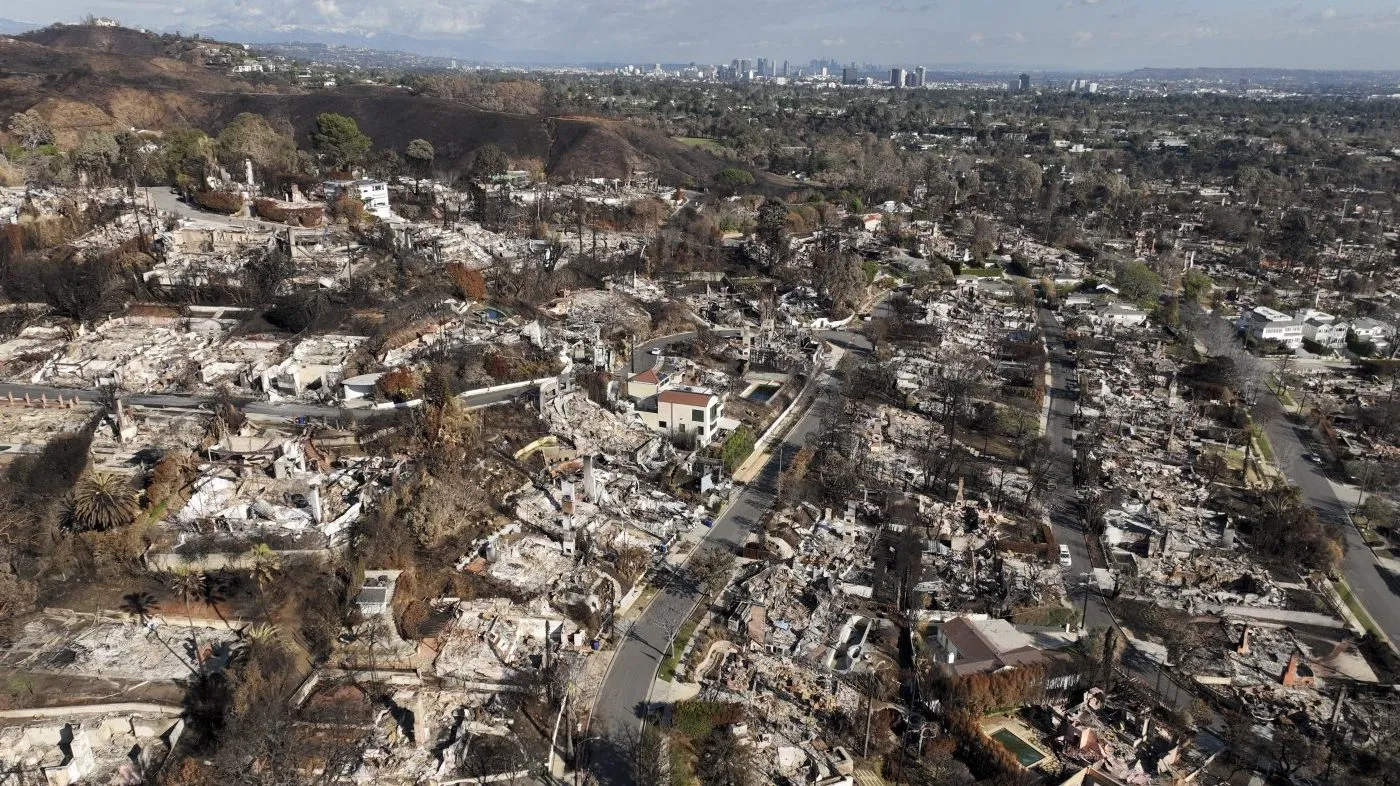Insurance Costs Spike Due to Climate Change: A Growing Wealth Divide

Insurance costs spike due to climate change, exacerbating the wealth divide in American communities, according to a new report from First Street Foundation. Rising premiums are pushing home ownership out of reach for many, while creating exclusive enclaves for the wealthy. This economic dichotomy highlights a coming crisis in the housing market as climate risks continue to escalate.
Rising Insurance Rates Create Economic Divides
As rising temperatures increase insurance rates, the financial landscape for many homeowners is shifting dramatically. The report from First Street Foundation indicates that home insurance is becoming a luxury item. Communities are segregating into those that can afford to stay and those that can only leave.
Projected Effects on Economic Growth and Property Values
- Over the next 30 years, America will see a drop in property values by nearly $1.5 trillion.
- Certain properties in safer areas are expected to gain $244 billion, despite surrounding economic turmoil.
- Miami is projected for a tripling in insurance costs as the local economy continues to struggle under climate pressures.
- Despite these challenges, Austin and San Antonio are expected to experience GDP growth amid rising climate risks.
Climate Risk and Urban Migration Trends
The First Street report predicts that substantial migration will occur, with 55 million Americans relocating to safer areas by 2055. Interestingly, this migration is occurring alongside a paradox of continued interest in high-risk areas due to economic opportunities.
Consequences for Housing and Investment
- Insurance models will need to adapt to remain sustainable as claims exceed premiums.
- Potential for increased climate gentrification, where wealthier individuals repopulate areas that previously housed diverse communities.
- Correlation of climate threats with declining property values may create a feedback loop of financial instability.
As climate change reshapes the insurance market, understanding these economic shifts is crucial for both investors and policymakers. The housing market stands at a crossroads as premium hikes could redefine community landscapes across America.
This article was prepared using information from open sources in accordance with the principles of Ethical Policy. The editorial team is not responsible for absolute accuracy, as it relies on data from the sources referenced.